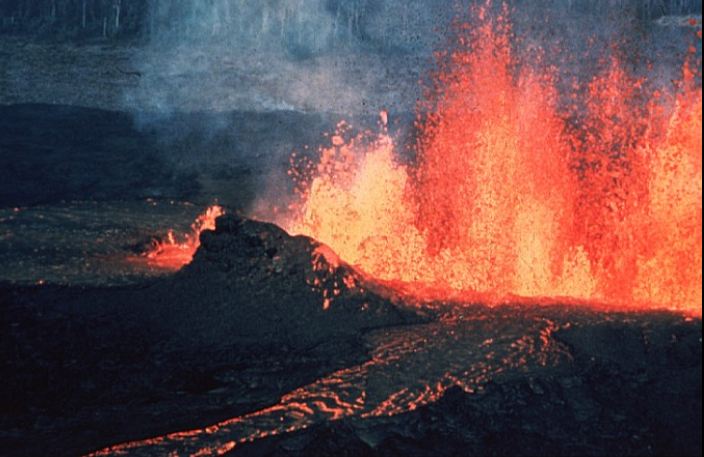Our planet is full of mysteries and natural phenomena that baffles the human mind for thousands of years. These events come in various forms; some of them showcase the beauty of nature, while some bring destruction. Because of their incredible impact in our world, it sparked the interest of the early philosophers and scientists in history.
Earth has a lot of factors that make up its entirety. These factors range from simple to more complex properties that have a role in making our world a habitable place. Some of the interesting parts of our planet are the atmosphere, which provides oxygen for us to breathe. Another example is the Earth’s structure, which allows us to stand on the ground, build houses, and make our lives easier. All of these components are a part of nature that we see every day.
Interestingly, humans developed a way to study these phenomena to utilize them further. In our modern world, we have several fields and branches of sciences, which focus on various topics related to the different occurrences in the universe. One of the main fields in the scientific world is the study of our planet, which is called Earth Science.
This scope of study helps us in preventing harmful events, as well as giving us more knowledge and understanding of how our planet works. In this article, we are going to look into the more in-depth definition of Earth Science, and how does it evolve into the stage that it is today?
What is Earth Science?
As mentioned earlier, Earth Science is devoted to the study of our planet. This field of science is a diverse form of study, which focuses on various natural constitutions present here on Earth. It provides us a broader knowledge of how our planet works, including its different components and structures to help us develop energy, as well as utilize the natural resources for the benefit of humans.
The understanding of Earth science helps us plan and prepare for natural disasters, such as volcanic eruptions, hurricanes, and earthquakes. This knowledge is essential to our modern lives since it helps people to avoid various dangerous events.
Interestingly, the broad study of Earth Science demands it to stretch out into a more specific scope of understanding. That is why this field of science has several branches to build a wider knowledge of its subject.
What are the branches of Earth Science?
As mentioned earlier, Earth science deals with a wide range of field studies, which allows it to provide a clearer understanding of the different properties of our planet. These various fields of study aim to help us learn more about our planet’s structure, composition, and other phenomena. The diversity of Earth science ranges from the study of its water components, land structure, and the gases that fill up our atmosphere. Here’s a list to have a brief knowledge of the various fields of studies of Earth science:
- Crystallography – is the science that deals with crystal structure and phenomena.
- Geography –is the scientific study of the Earth and its features.
- Geology –is the scientific study of the origin, history, and structure of the Earth.
- Hydrology –is the branch of science devoted to the properties and effects of water on Earth.
- Meteorology –is the study of weather and atmospheric conditions.
- Mineralogy – is the study of minerals, including their distribution, identification, and properties.
- Oceanography –is the branch of Earth science that deals with the exploration and study of the ocean.
- Paleontology –is the study of prehistoric life on Earth through fossils.
- Petrology –is the branch of study that focuses on the origin, composition, structure, and alteration of rocks.
- Seismology –is the study of earthquakes.
- Volcanology –is the branch of Earth science devoted to the study of volcanoes and volcanic phenomena.
Throughout the years, Earth science continued to develop through the help of various scientists that contribute to its advancement. In our modern world, Earth science is essential in our society since it helps us have a more profound understanding of our planet’s natural events and phenomena. Despite the several mysteries our planet holds, scientists from different parts of the globe continue to learn more about the properties of Earth. That is why the advanced stage of science today helps us in developing technology that we use every day.
